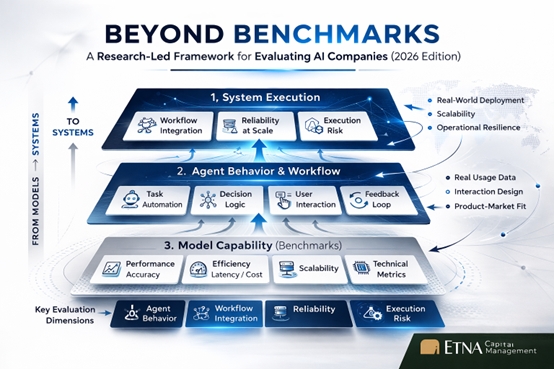
The rapid advancement of Artificial Intelligence (AI) is poised to transform the job market, potentially rendering many traditional roles obsolete. As AI systems become more sophisticated, their ability to perform complex tasks increases, posing a significant threat to jobs involving cognitive labor and knowledge work. Avital Balwit, Chief of Staff at Anthropic, offers valuable insights into the sectors most at risk, the psychological and societal impacts of widespread unemployment, and strategies for adapting to these impending changes.
AI’s Disruptive Impact on Employment
AI is on the brink of transforming the employment landscape, particularly in the realm of cognitive labor and knowledge work. Jobs that involve tasks such as reading, analyzing, and synthesizing information are highly susceptible to automation. This includes roles like: Copywriting, Tax preparation and Customer service.
As AI models continue to advance at an exponential rate, driven by breakthroughs in research, the threat to these jobs becomes increasingly imminent. Remote and online work, which can be performed from anywhere, are particularly vulnerable to AI automation.
On the other hand, manual labor and regulated industries face less immediate disruption. Jobs that require hands-on interaction or are subject to stringent oversight and requirements are less likely to be replaced by AI in the near term. These include roles such as: Plumbers, Gardeners and Surgeons.
Additionally, jobs that rely on human interaction, empathy, and emotional intelligence, such as counselors, teachers, and caregivers, are less prone to automation.
Psychological and Societal Implications of AI-Driven Unemployment
The potential rise in unemployment due to AI adoption could have profound psychological and societal consequences. As traditional employment becomes less stable, individuals may face significant mental and physical health challenges. Finding meaning and joy in activities beyond work will become increasingly important for maintaining well-being.
To mitigate the financial distress caused by job displacement, Universal Basic Income (UBI) could serve as a crucial safety net. By providing a guaranteed income to all citizens, UBI can help alleviate the economic hardships associated with technological unemployment.
Adapting to the Evolving Job Landscape
As AI continues to reshape the job market, individuals must proactively adapt to stay relevant and thrive in this new reality. Some key strategies for navigating the changing landscape include:
- Focusing on activities that offer personal fulfillment rather than solely economic necessity
- Preparing for a future where AI assists in solving the problems it creates
- Investing in new skills and embracing lifelong learning to remain competitive
- Considering proactive career transitions to industries less vulnerable to automation
Staying informed about the latest developments in AI and its impact on various industries is crucial for making informed decisions about career paths and skill development.
The Long-term Outlook
While the exact timeline of AI’s impact on employment remains uncertain, experts suggest that by 2027, the trajectory will become clearer. It is possible that job markets may stabilize by 2030 as AI development reaches a plateau. However, the pace of technological advancement is notoriously difficult to predict, and unforeseen breakthroughs could accelerate or alter the timeline.
Regardless of the specific timeline, one thing is certain: staying informed, adaptable, and proactive will be key to navigating the rapidly changing job landscape. As traditional employment becomes less reliable, individuals must find new ways to derive meaning, purpose, and value in a world where AI plays an increasingly dominant role.
By embracing lifelong learning, cultivating diverse skill sets, and focusing on personal fulfillment, individuals can position themselves to thrive in an AI-driven future. While the challenges posed by AI are significant, with the right mindset and strategies, we can harness its potential to create a more equitable and prosperous society for all.
Video Credit: Source
Filed Under: Technology News
Latest Geeky Gadgets Deals
If you buy something through one of these links, Geeky Gadgets may earn an affiliate commission. Learn about our Disclosure Policy.
Originally Appeared Here








